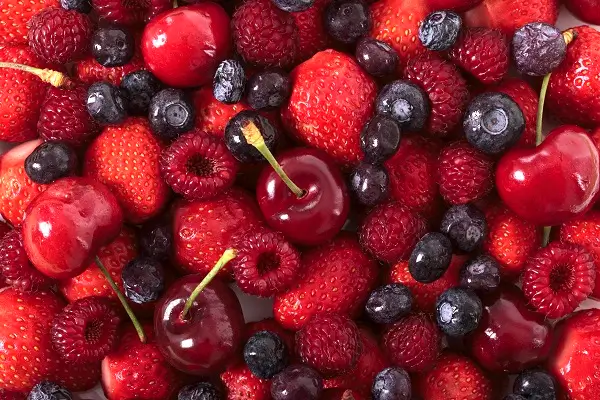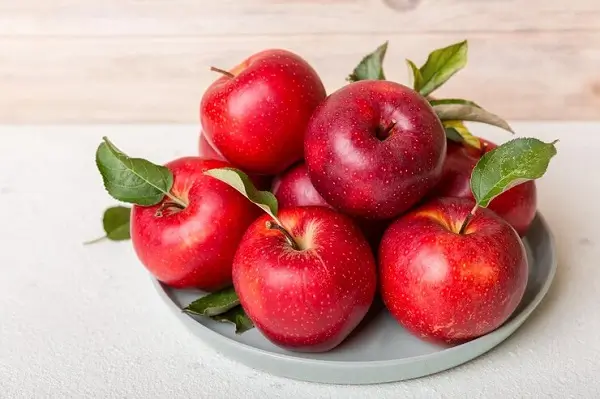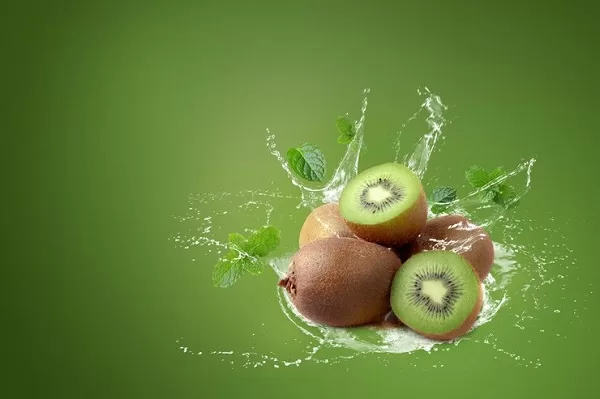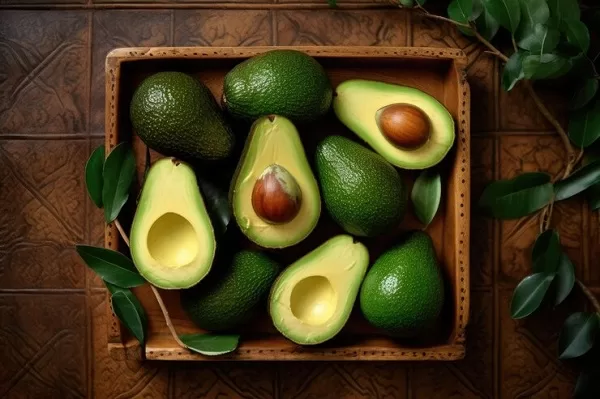Managing Blood Sugar Levels is Crucial for people suffering from diabetes and maintaining good health. This can lead to questions about what foods to include in a healthy diet. One common concern is fruit. While fruits are generally a nutritious choice, they do contain sugar. So, the question becomes: What fruits can diabetics eat?
The good news is that people with diabetes can enjoy a variety of fruits as part of a balanced diet. In fact, fruits good for diabetes offer many essential vitamins, minerals, and fiber, all of which can contribute to overall health and well-being. This section will explore the best fruits for diabetics, fruits to limit, and tips for incorporating fruit into your diet while managing diabetes.
Importance of Fruit in a Diabetic Diet
While managing blood sugar levels is crucial for diabetics, fruits can still be an important part of a healthy diet. So What Fruits Can Diabetics Eat?, Some fruits can even be beneficial for diabetes management. Here’s why:
- Rich in Nutrients: Fruits are packed with essential vitamins, minerals, and antioxidants that support overall health. These antioxidants can help reduce inflammation, a risk factor for diabetic complications.
- Fiber Powerhouse: Many fruits are excellent sources of fiber, which helps regulate digestion and slow down the absorption of sugar into the bloodstream. This can prevent blood sugar spikes often experienced by diabetics.
- Weight Management: Fruits are naturally low in calories and fat, and their high fiber content promotes satiety, helping you feel fuller for longer. This can be helpful for maintaining a healthy weight, which is important for diabetes control.
- Disease Prevention: Studies suggest that a diet rich in fruits may help lower the risk of heart disease, stroke, and certain cancers, all of which are more common in people with diabetes.
It’s important to note that not all fruits are created equal for diabetics. While some fruits are excellent choices, others can cause blood sugar spikes. The following sections will explore the best fruits for diabetics and how to incorporate them into your diet.
Book Consultation Now
What Fruits Can Diabetics Eat?
Diabetes does not mean that you have to give up on tasty fruits. In fact, incorporating certain fruits into your diet can provide essential vitamins, minerals, and fiber, all while helping you manage your blood sugar levels. So What Fruits Can Diabetics Eat?
Here’s a look at the 5 best fruits for diabetics, along with some additional tips for incorporating them into your diet.
5 Best Fruits for Diabetics
1. Berries

Packed with flavor and antioxidants, berries like blueberries, raspberries, strawberries, and blackberries are all low on the glycemic index (GI) scale. This means they cause a slower rise in blood sugar compared to other fruits.
2. Citrus Fruits

Grapefruits, oranges, and tangerines are excellent sources of vitamin C and fiber. They also have a moderate GI, making them a healthy choice for diabetics.
3. Apples

Book Consultation Now
A classic for a reason, apples are high in fiber and have a GI rating that varies depending on the type of apple. Opt for green or tart apples for a lower GI impact.
4. Kiwis

This vibrantly colored fruit is a powerhouse of vitamin C and fiber. Kiwis also boast a low GI score, making them a diabetic-friendly snack.
5. Avocados

While often thought of as a vegetable, avocados are technically a fruit. They’re unique among this list due to their healthy fats and low sugar content. Avocados are incredibly versatile and can be enjoyed in sweet or savory dishes.
Remember: When it comes to the best fruits for diabetics, variety is key. These 5 options are a great starting point, but there are many other delicious and healthy choices available.
Additional Tips
- Portion Control: Even healthy fruits contain sugars, so be mindful of portion sizes.
- Pairing is Key: Pair your fruit with protein or healthy fats like nuts or yogurt to slow down sugar absorption.
- Monitor Blood Sugar: Always monitor your blood sugar levels after eating fruit to see how your body reacts.
By following these tips and incorporating these delicious fruits into your diet, you can enjoy the taste of fruit while effectively managing your diabetes.
Fruits to Limit or Avoid
While most fruits offer valuable nutrients, some varieties can cause blood sugar spikes due to their high sugar content or low fiber content. It’s important to be mindful of these fruits when managing diabetes. Here’s what to keep in mind:
Fruits High in Natural Sugars
Certain fruits are naturally higher in sugar than others. This doesn’t mean you have to eliminate them entirely but enjoy them in moderation. Examples include mangoes, pineapples, grapes, and watermelon.
Dried Fruits
Dried fruits are concentrated sources of sugar and calories. While they offer fiber, the portion size is much smaller than fresh fruit. Raisins, dates, dried figs, and dried apricots are all examples of dried fruits to limit.
Remember: Even fruits good for diabetes, like berries or apples, should still be eaten in moderation.
Here’s a helpful tip: Pair fruits higher in sugar with a healthy fat or protein source. This may aid in reducing the rate at which sugar enters the bloodstream. For example, enjoy apple slices with peanut butter or a handful of berries with some Greek yogurt.
Book Consultation Now
Conclusion
In conclusion, people with diabetes can enjoy a variety of delicious fruits as part of a healthy diet. By focusing on fruits with a low glycemic index and high fiber content, you can minimize blood sugar spikes and reap the many health benefits that fruits offer.
Remember, there’s no single answer to what fruits can diabetics eat? The best approach is to choose a colorful variety from the Best Fruits for Diabetics section and practice moderation with any higher-sugar fruits. If you have any questions about incorporating specific fruits into your diet, consult with a registered dietitian or your doctor. With a little planning, you can continue to enjoy the taste and nourishment of fruit while effectively managing your diabetes.









.jpg)
